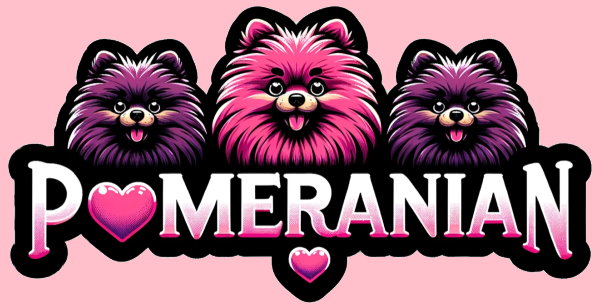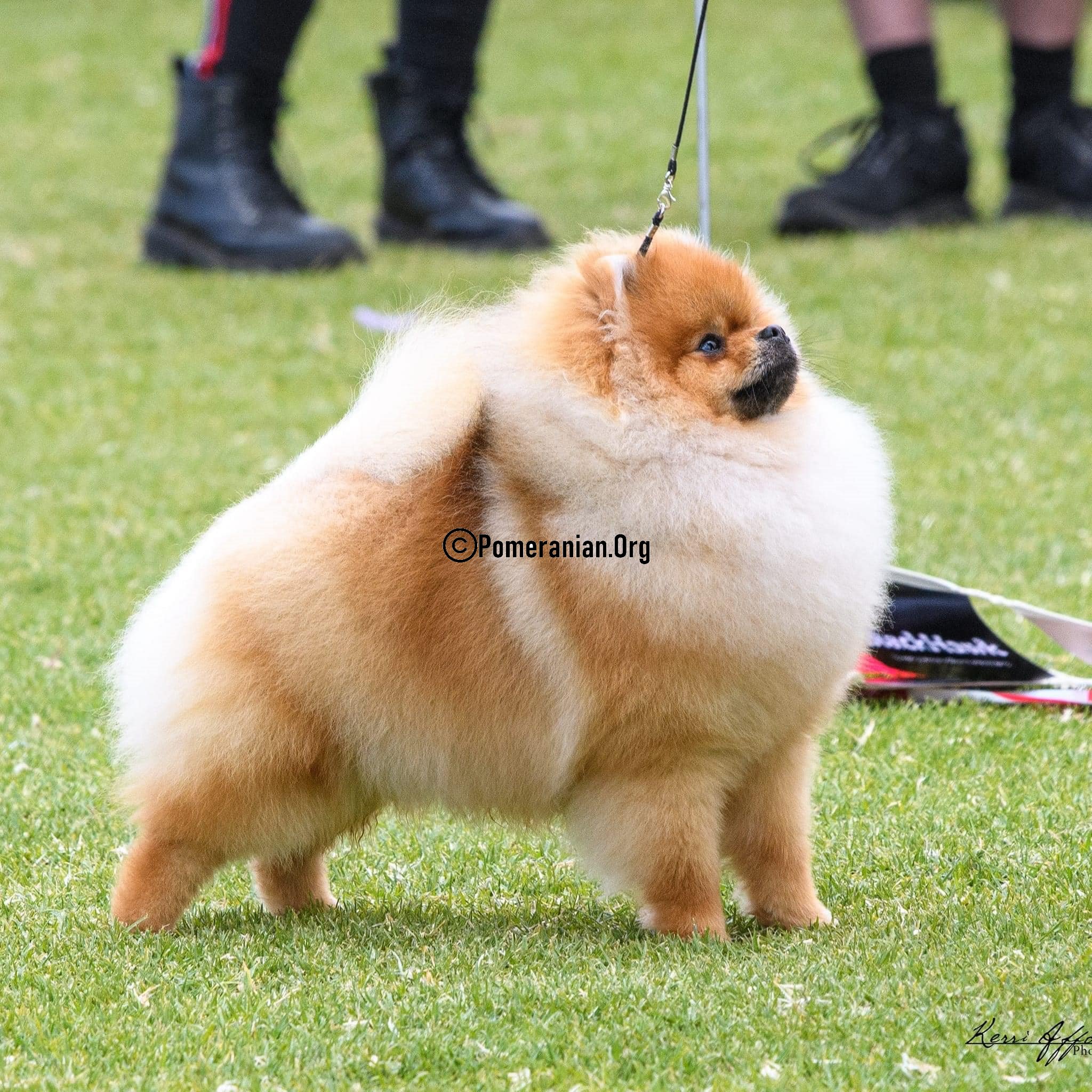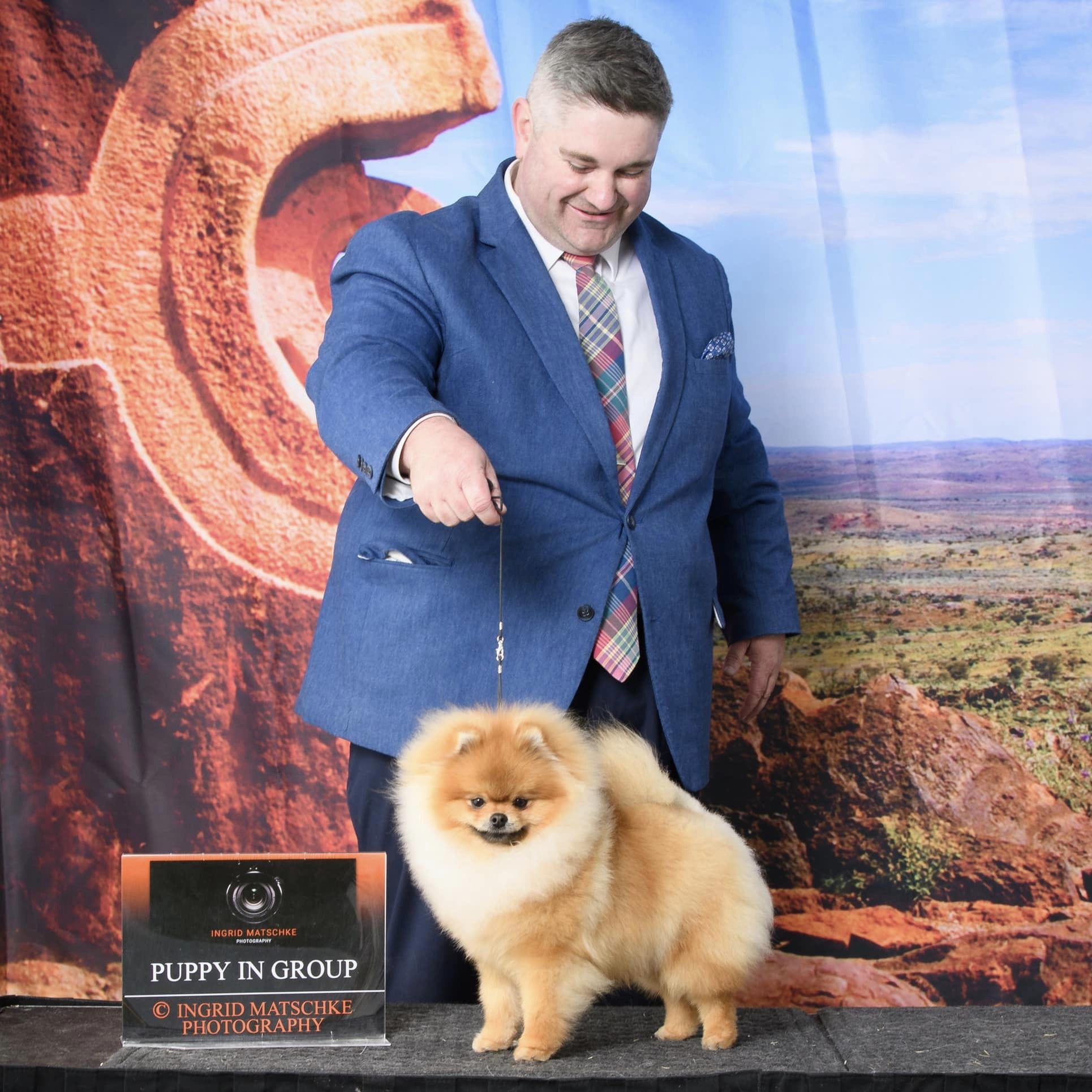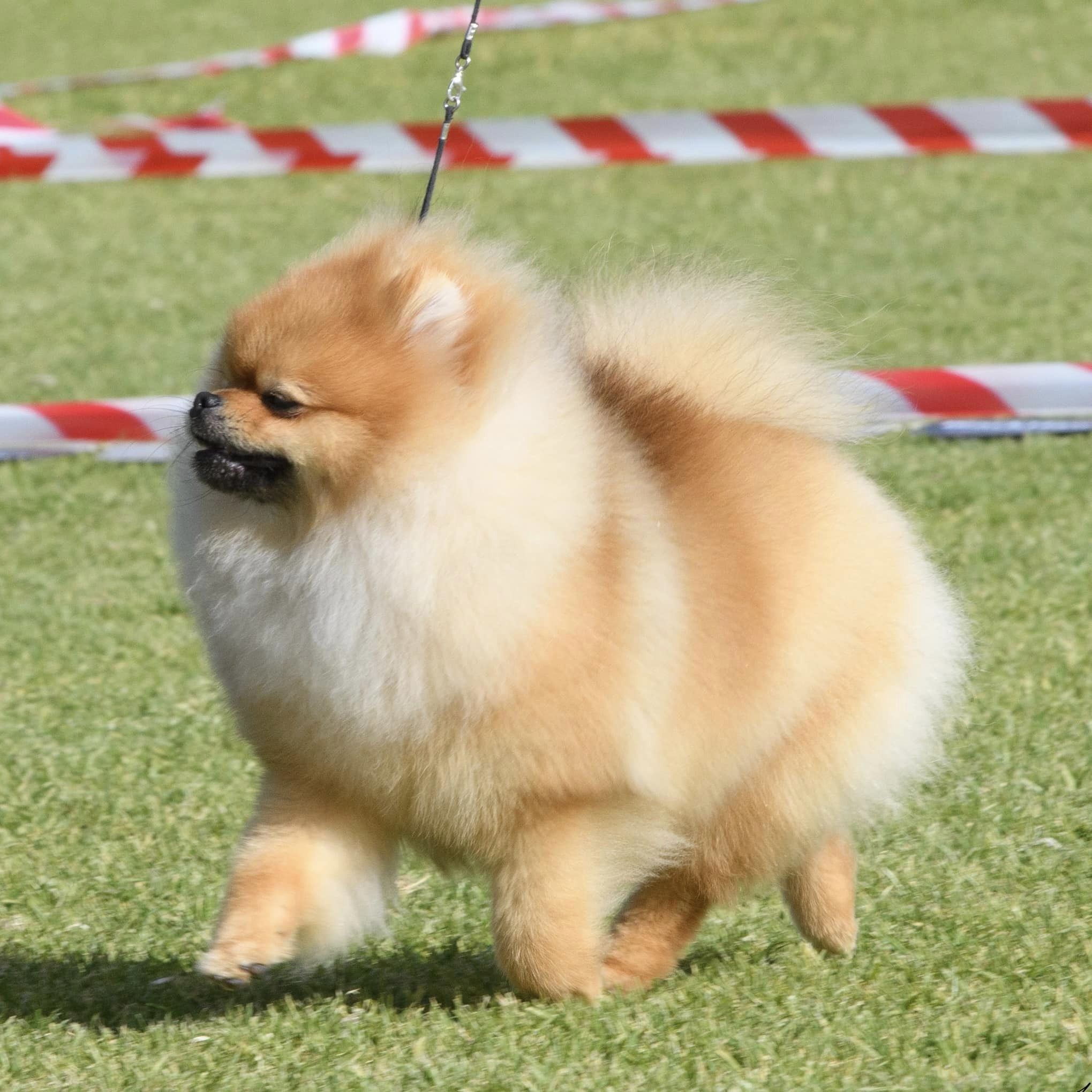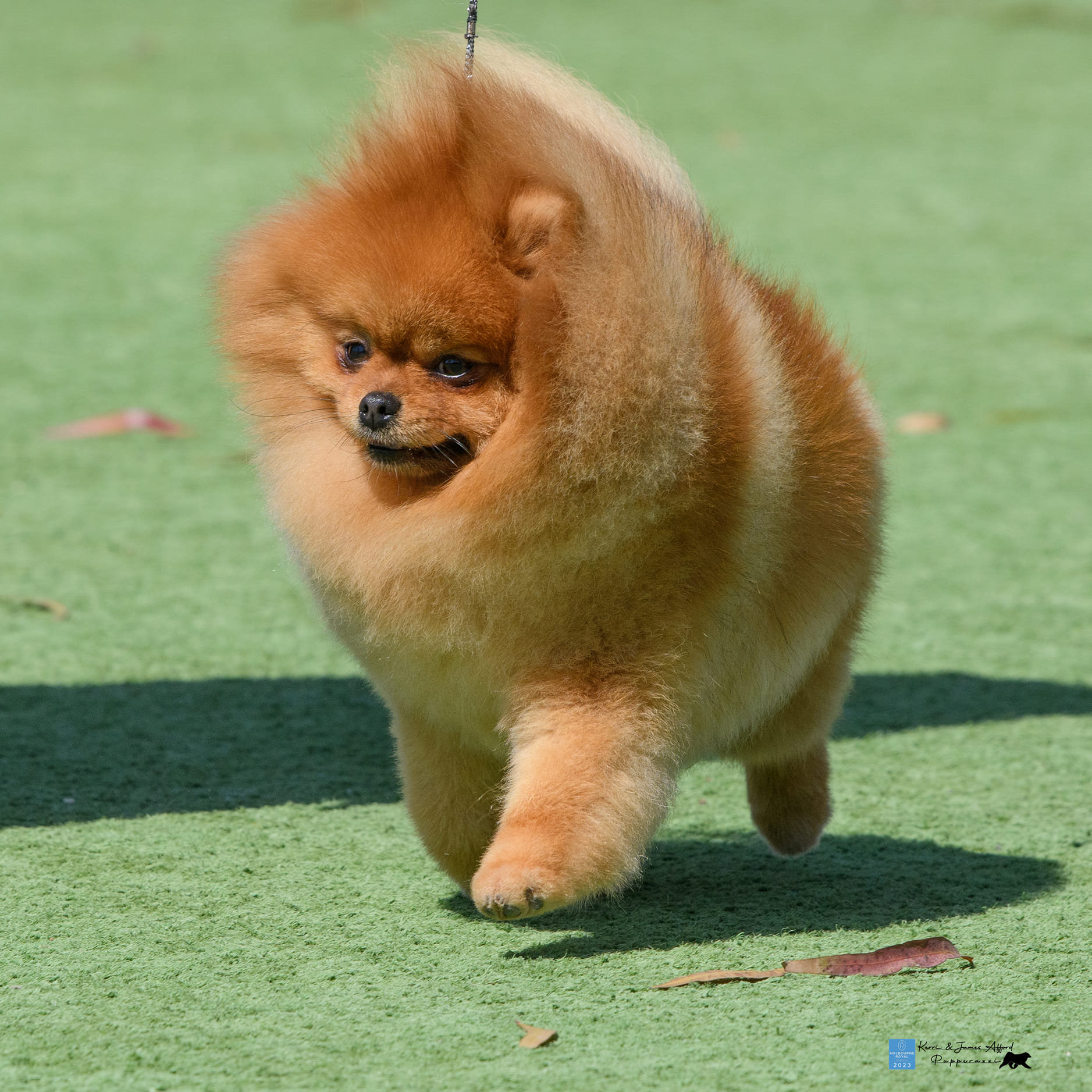Last Updated on 30/07/2020 by Denise Leo. Post first published on August 7, 2016.
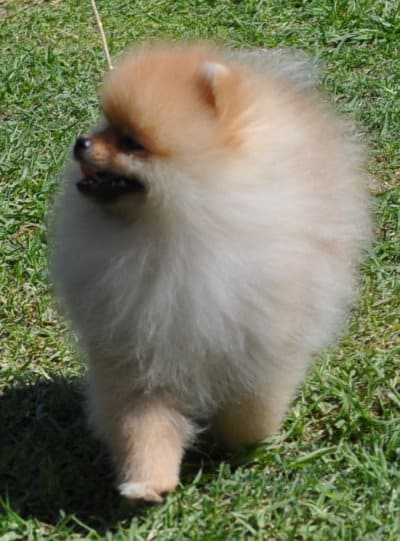 Once you have brought home your new Pomeranian and he has settled in, it’s time to check his overall health. Most breeders will have a clause in their sales contract about having a new puppy vet checked after purchase. This is where your vet comes in. If it’s your first dog, you’ll need to locate a vet nearby. If you own other dogs currently or in the past, you’ll already know a good vet. Don’t overlook a visit until your pet has a health problem. You may be unable to get an immediate vet appointment, especially if you’re not already a customer. Building a good relationship with your vet is important for both you and your Pom.
Once you have brought home your new Pomeranian and he has settled in, it’s time to check his overall health. Most breeders will have a clause in their sales contract about having a new puppy vet checked after purchase. This is where your vet comes in. If it’s your first dog, you’ll need to locate a vet nearby. If you own other dogs currently or in the past, you’ll already know a good vet. Don’t overlook a visit until your pet has a health problem. You may be unable to get an immediate vet appointment, especially if you’re not already a customer. Building a good relationship with your vet is important for both you and your Pom.
An annual check-up.
Dogs need to have a complete check-up at least once every year. Dogs age faster than people so regular care is vital. Once a dog is seven years of age, check-ups should be more frequent because then your Pom is 49 in human years. Don’t put it off because once it’s done, the vet has a baseline for checking your beloved pet’s health from then on.
The vet will check your puppy’s health in various ways including:
• Weight.
• Listening to his heartbeat.
• Checking his knees.
• Examining teeth, ears and eyes.
• Maybe palpating the internal organs softly to see if there are any tumours or enlargements.
• Possibly running urine and/or blood tests to verify there are no internal problems. It’s important to talk about fees for the various tests. Obviously the money isn’t as important as your Pom being healthy but it’s still an important factor.
Intestinal parasites.
The majority of Pomeranian puppies get worms at least once as there are certain types that remain dormant in their mother. Once she’s pregnant and her hormones change, these worms activate and can infect the foetuses or infect through the milk she feeds her puppies. The environment is also a popular place from which puppies may get worms. Breeders must check and, if needed, deworm puppies before you buy them. However, it’s wise to ask your vet to check him regularly because the worm eggs won’t always be apparent in test results. Worms may be picked up on the ground in areas where other dogs play. It’s critical to clean up all faeces straightaway but sometimes this can be hard to do, for example, in your whole backyard. The easiest worm to see is the tapeworm because it’s flat and wiggles around in fresh stools. It may also resemble dry rice around your puppy’s rear end. Tapeworms differ from all other intestinal varieties in that your puppy generally consumes them when eating fleas. Yes, eating fleas may seem odd but it can happen if he nibbles at something that’s trying to bite him. Prescribed medication can eliminate tapeworms but it’s better to avoid fleas in the first place.
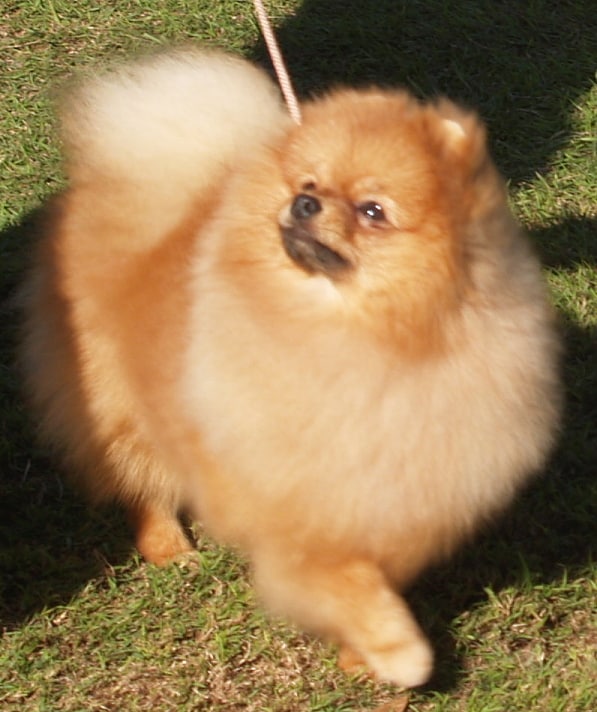
Intestinal infections.
There are two intestinal parasites that are very common but aren’t actually worms. They’re single-celled organisms called protozoans. They’re usually picked up through the environment so it’s hard to avoid them. The protozoan intestinal infection known as “coccidiosis” can cause intense diarrhoea (leading to dehydration if not treated) in Pomeranian puppies. Symptoms of coccidiosis include rank-smelling faeces and stools containing mucous and/or blood. A faecal exam can determine whether coccidiosis is present. Giardia is another type that’s commonly found in dogs and puppies. Often there are no symptoms but the main symptom is a light-colour loose stool. This sample is used to make the diagnosis and the vet can prescribe medication to treat the problem.
Understanding vaccinations
Until recently, vets believed that they should give as many vaccinations as possible. However, today’s information tells people that puppies should only be given the vaccinations they actually need and at the appropriate time. So what is actually needed? This depends a lot on your country of residence. Here in Australia we’re rabies free, so the rabies vaccination isn’t included in the core group of vaccinations.
Two main vaccination categories.
Core vaccines: All dogs need to have hepatitis, parvovirus and distemper. Dogs NOT residing in rabies free countries like Australia also need the rabies shot.
Noncore vaccines: Only some dogs need these shots: giardia, kennel cough, coronavirus, Lyme disease and leptospirosis. Your vet will know what vaccines your pets need from the non-core group. Lifestyle, environment and location are all deciding factors. Boarding kennels must have the vaccination for kennel cough. Lyme disease is for dogs living in specific places. Leptospirosis is necessary for dogs that walk around in wildlife areas.
Vaccinations – when and what?
Your puppy first gets antibodies from his mother’s milk within his first 24 hours of life. At that point, vaccinations don’t help. Once a couple of weeks has gone by, that early protection gradually fades and puppy is then vulnerable to diseases and his system will accept vaccinations and use them to help prevent infections. Puppies don’t all lose that early immunity at the same age and this early immunity can interfere with the effectiveness of vaccines. Your vet should give a series of vaccinations starting when the puppy is six to eight weeks old. The rest of the vaccinations should be properly timed for maximum protection. During this short period where there’s a degree of uncertainty, you need to ensure your puppy doesn’t go anywhere that other dogs could congregate. Parvovirus can exist in soil and in your home for around six months after a dog with the infection defecates there. This deadly virus is also thought to be airborne.
Copyright Pomeranian.Org. All Rights Reserved.
